The Global Library of Women’s Medicine
Loading...
Enhancing the Welfare of Women
Expert Health Information for Women
Pre-eclampsia
High Blood Pressure in Pregnancy

The Global Library of Women’s Medicine
(www.glowm.com)

Pre-eclampsia is a condition that affects some pregnant women during the second half of pregnancy, or soon after their baby is born.


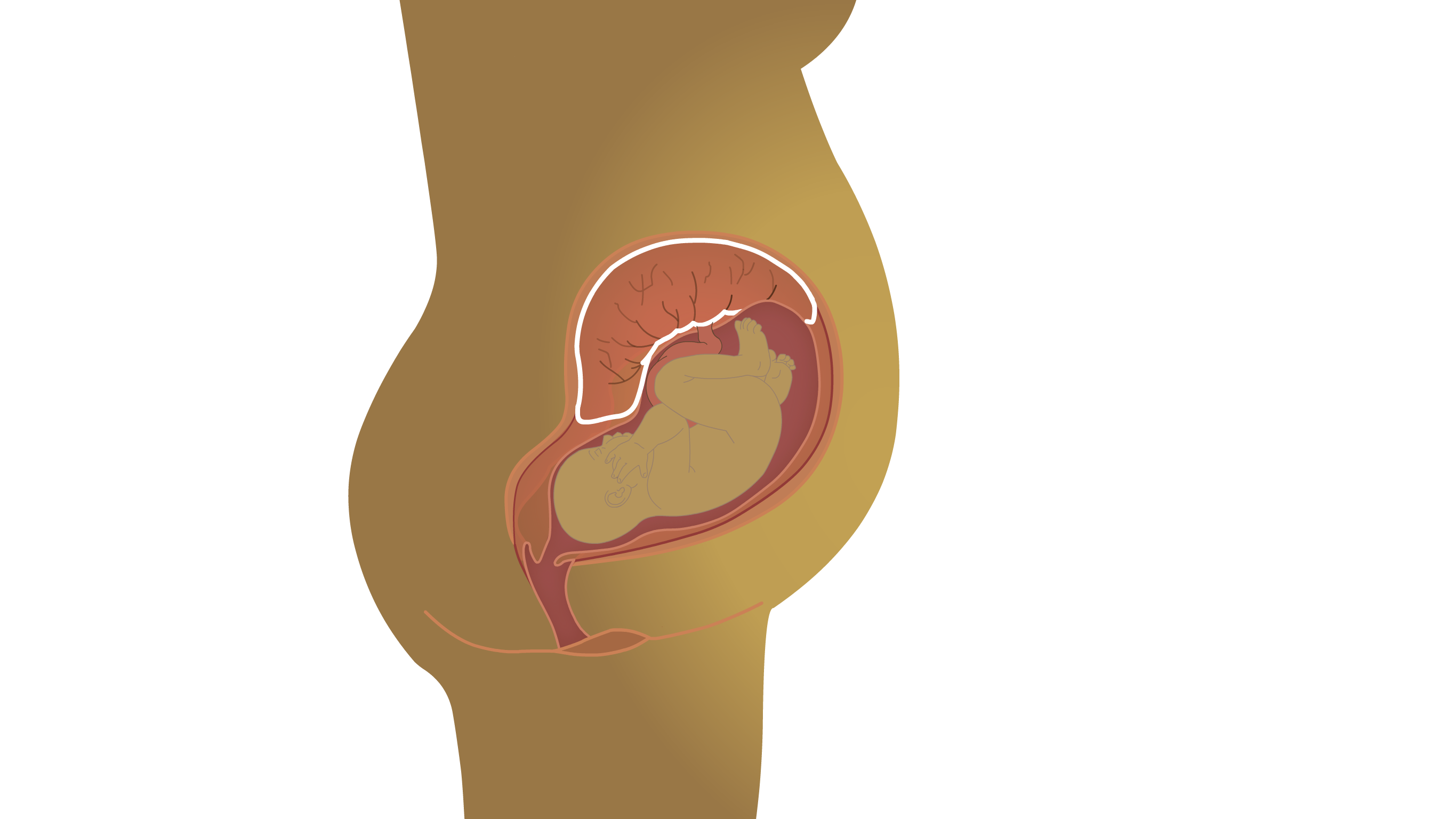
Pre-eclampsia happens when there is a problem with the placenta, which forms the connection between the mother and baby.

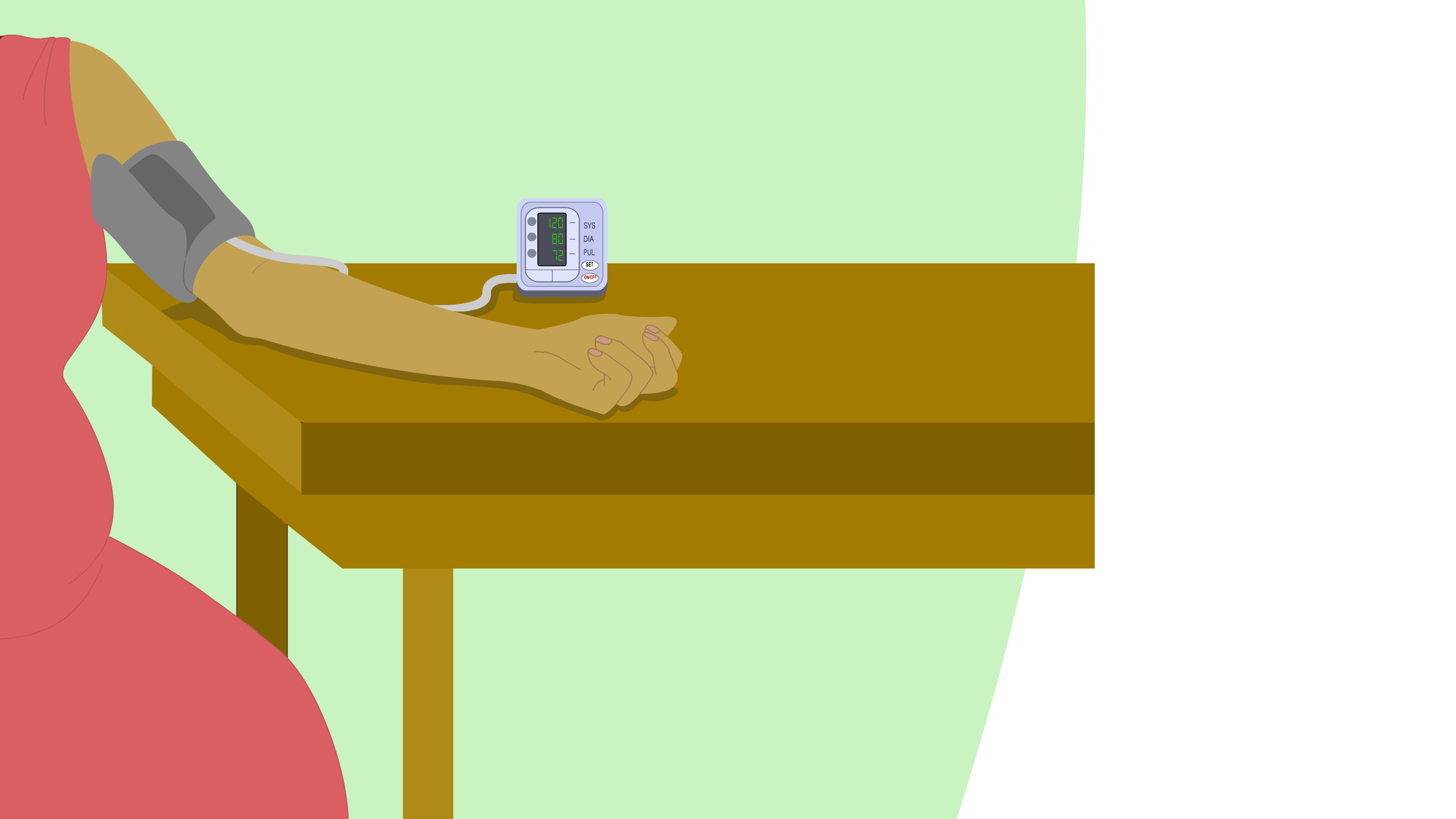


The main signs of pre-eclampsia are high blood pressure and protein in the urine.

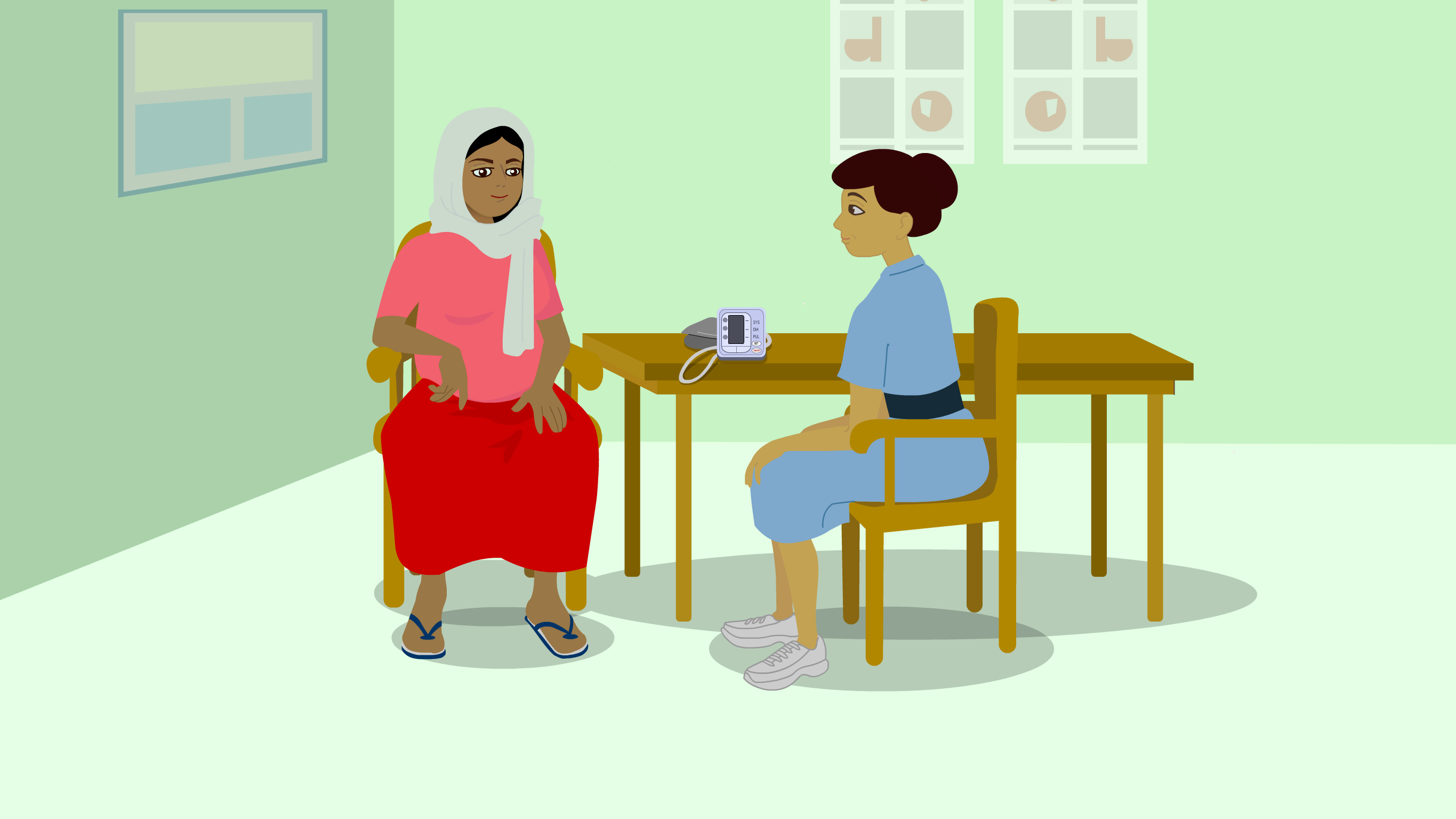
It is important for a pregnant woman to go to antenatal clinic appointments, so the healthcare worker can check for these signs.
Many women can have high blood pressure, with no symptoms at all. This is why regular blood pressure checks are needed.








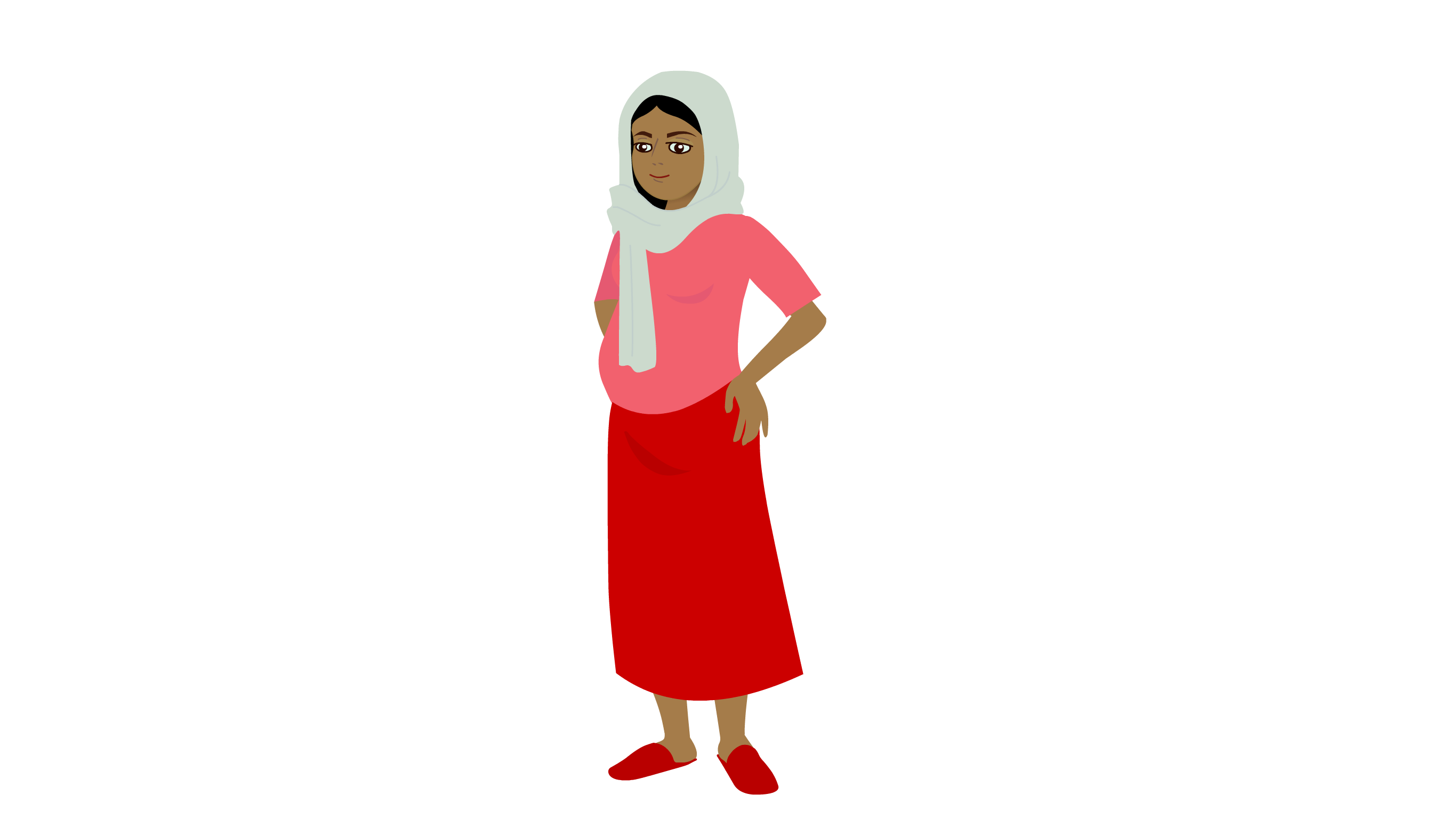
In some cases symptoms can develop such as:
bad headaches, problems with your eyesight (blurry vision or flashing lights), pain under your rib-cage,
feeling sick and vomiting, sudden swelling of hands, feet and face, or even pain or a burning feeling in the chest.

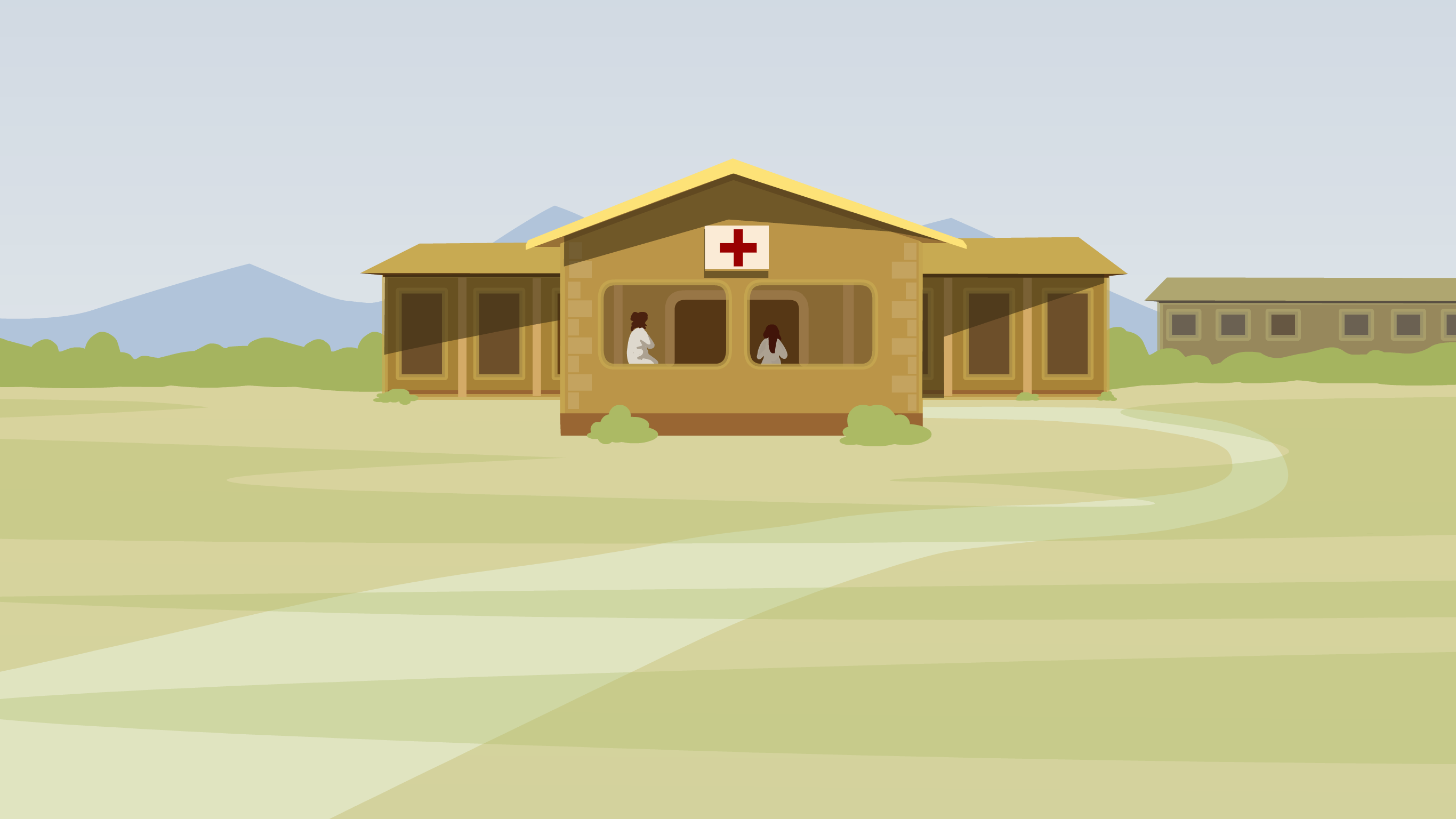
If you have any of these symptoms when you are pregnant – or soon after you have had your baby – you should visit your healthcare facility as soon as possible.

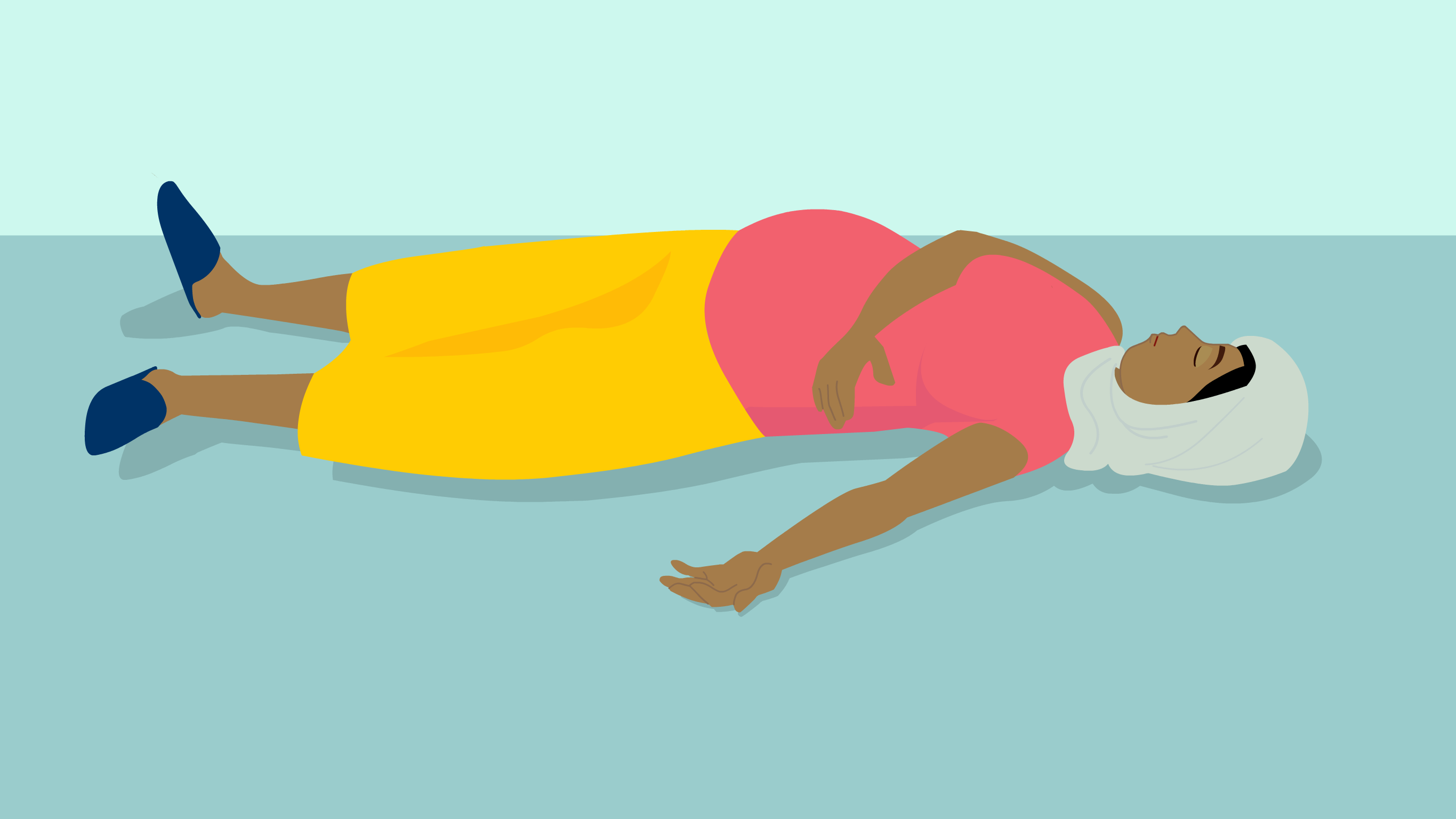
When a woman has pre-eclampsia, if it is not treated quickly the condition can become more serious and lead to complications.
For the mother it can cause serious complications such as seizures (which are fits or shaking of the body),
Stroke (which is when the blood supply to the brain is cut off which can cause parts of the body not to work properly), damage to the organs inside the body, and even death.

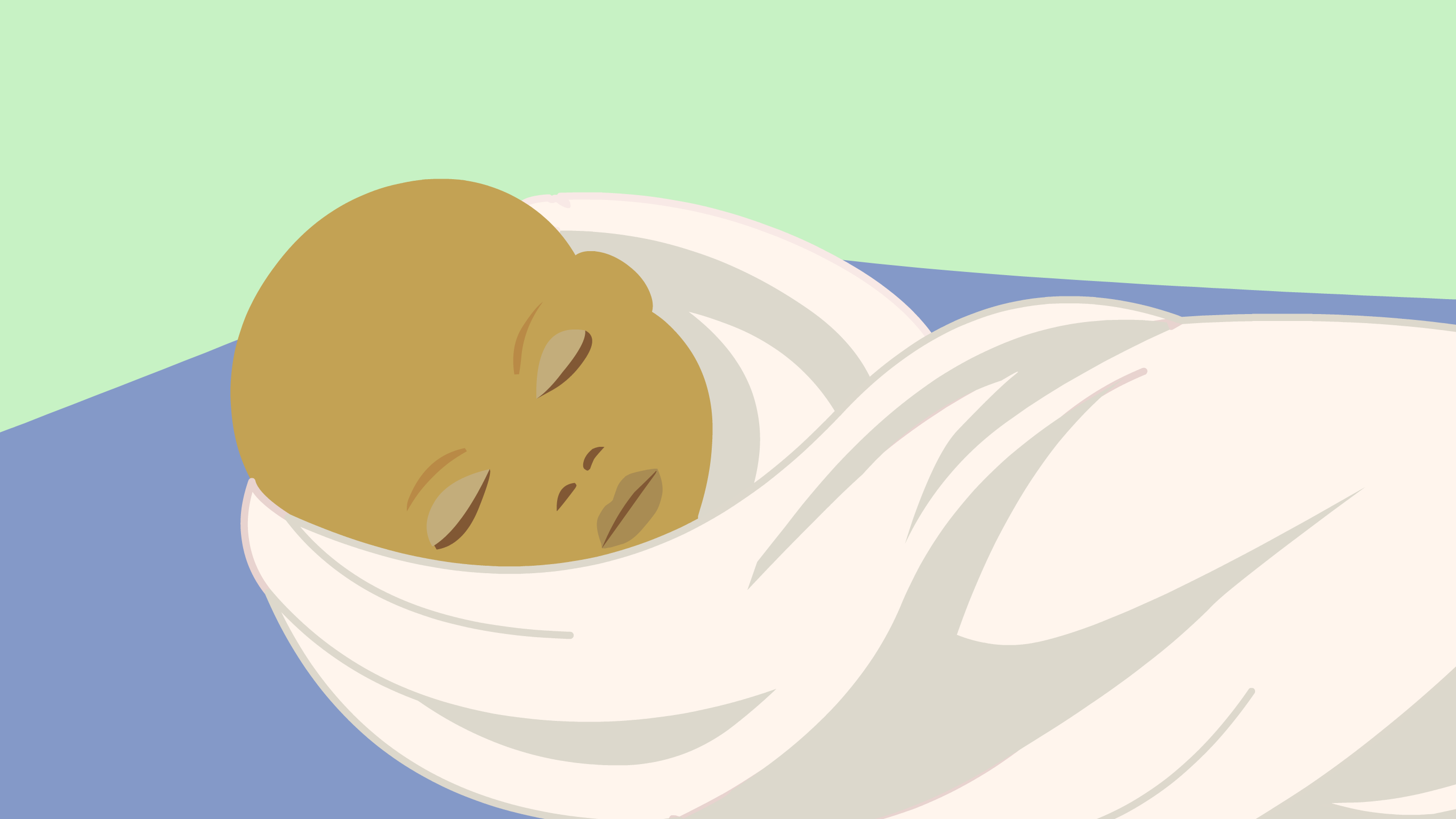
Pre-eclampsia can also result in the baby not growing properly and being too small, early labor and even death of the baby.

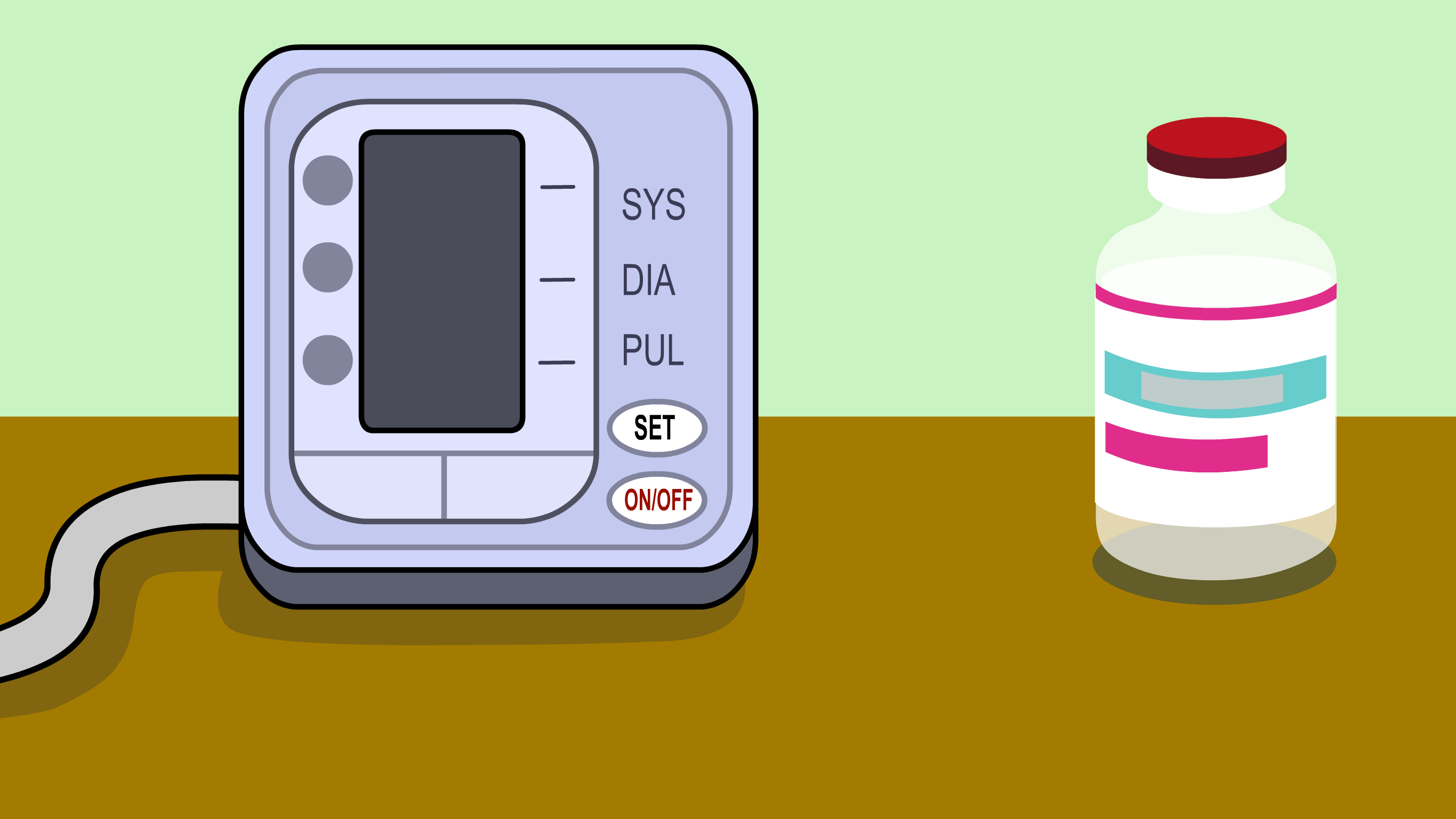
For most women, if pre-eclampsia is detected early it can be taken care of with simple blood pressure medications and regular checks with your midwife or doctor.
Noticing the problem early and treating it, means mothers and babies stay healthy.

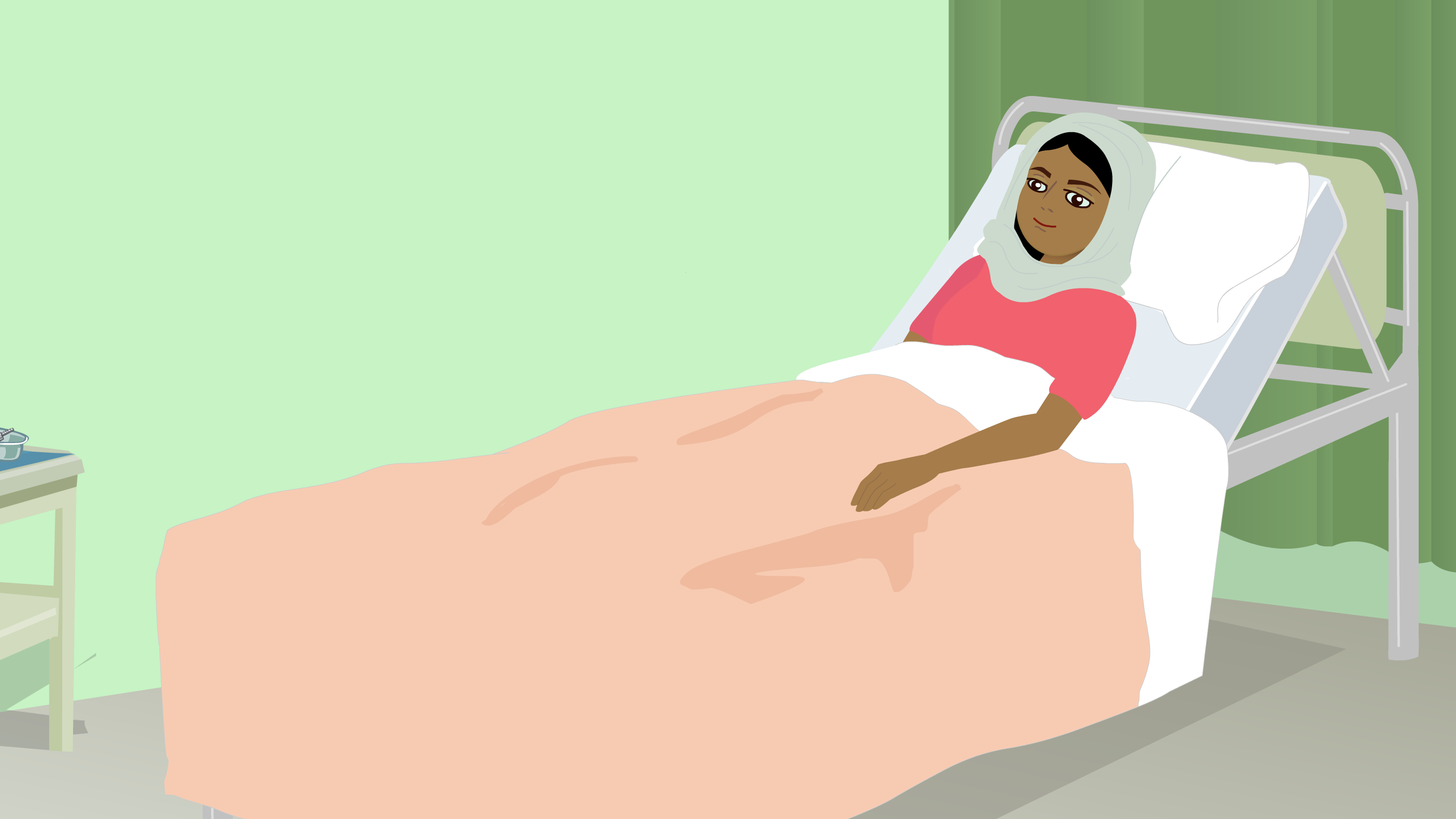

If you have very severe high blood pressure, your doctor might recommend that you stay in hospital to have urine tests, blood tests, checks of your baby's heart beat or a scan of your baby's body,
plus medications to bring your blood pressure down. All these actions will help to reduce the chances of you having a fit and other more serious problems.
For some women, the doctor might also recommend arranging for your baby to be born early, because it is safer, for you or your baby.

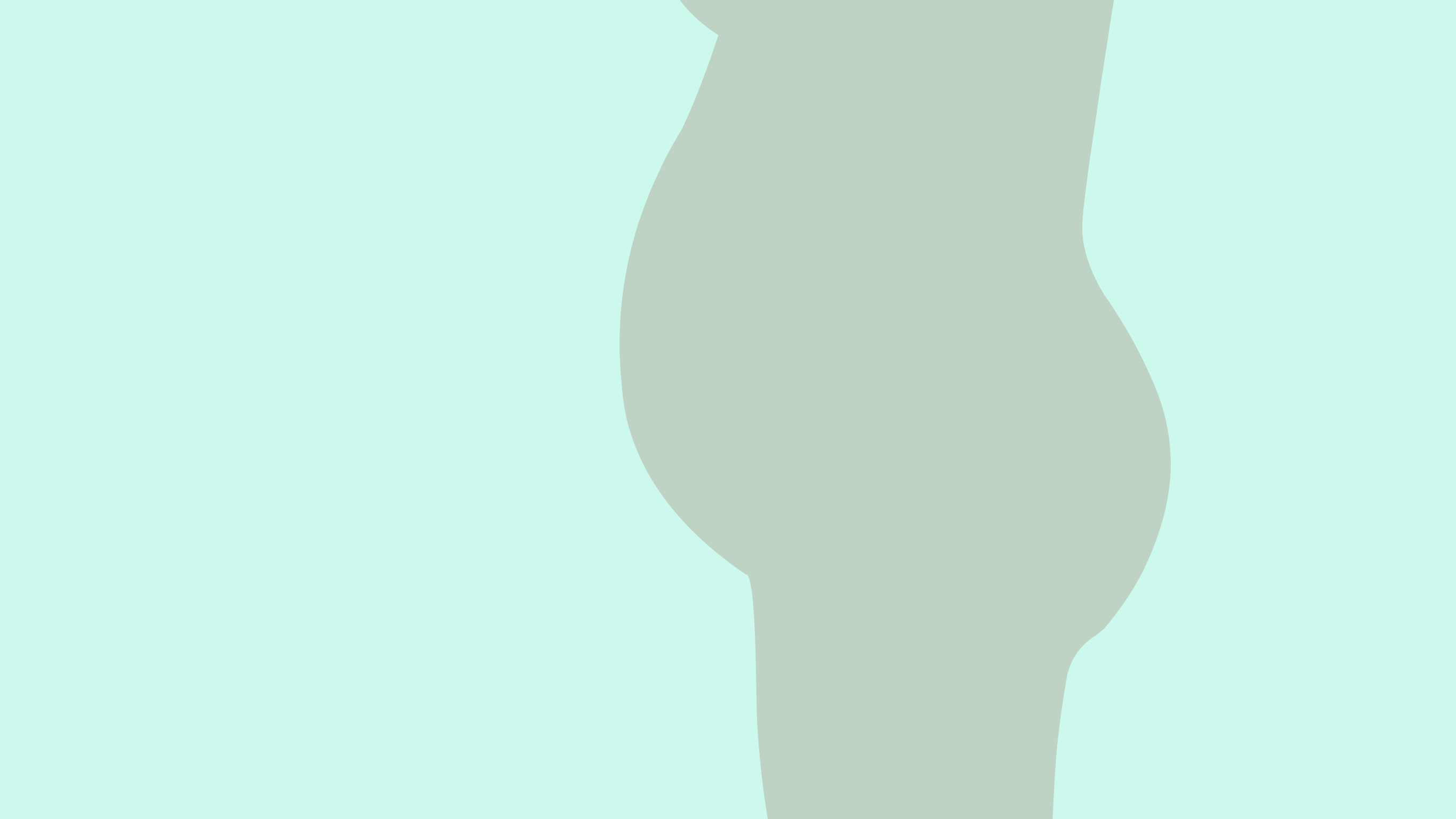
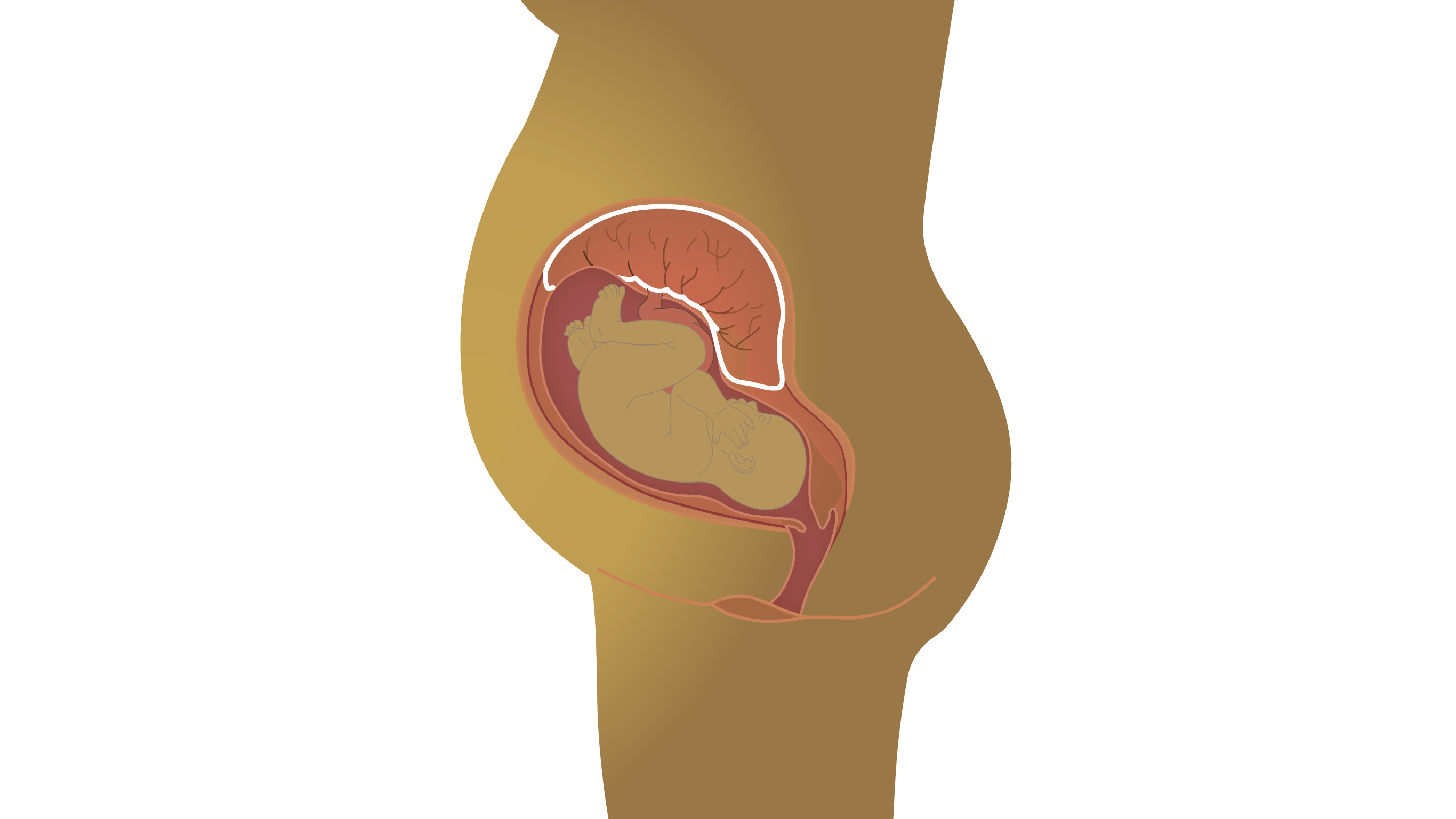
Pre-eclampsia is more common in a first pregnancy, a teenage pregnancy, a pregnancy with twins or triplets,
or when there are medical problems (such as high blood pressure or kidney disease) or when the mother is older than 40 years.
Other risk factors include having diabetes, sickle cell disease, being overweight, high blood pressure in a previous pregnancy – or if your mother or sister had previously experienced pre-eclampsia.

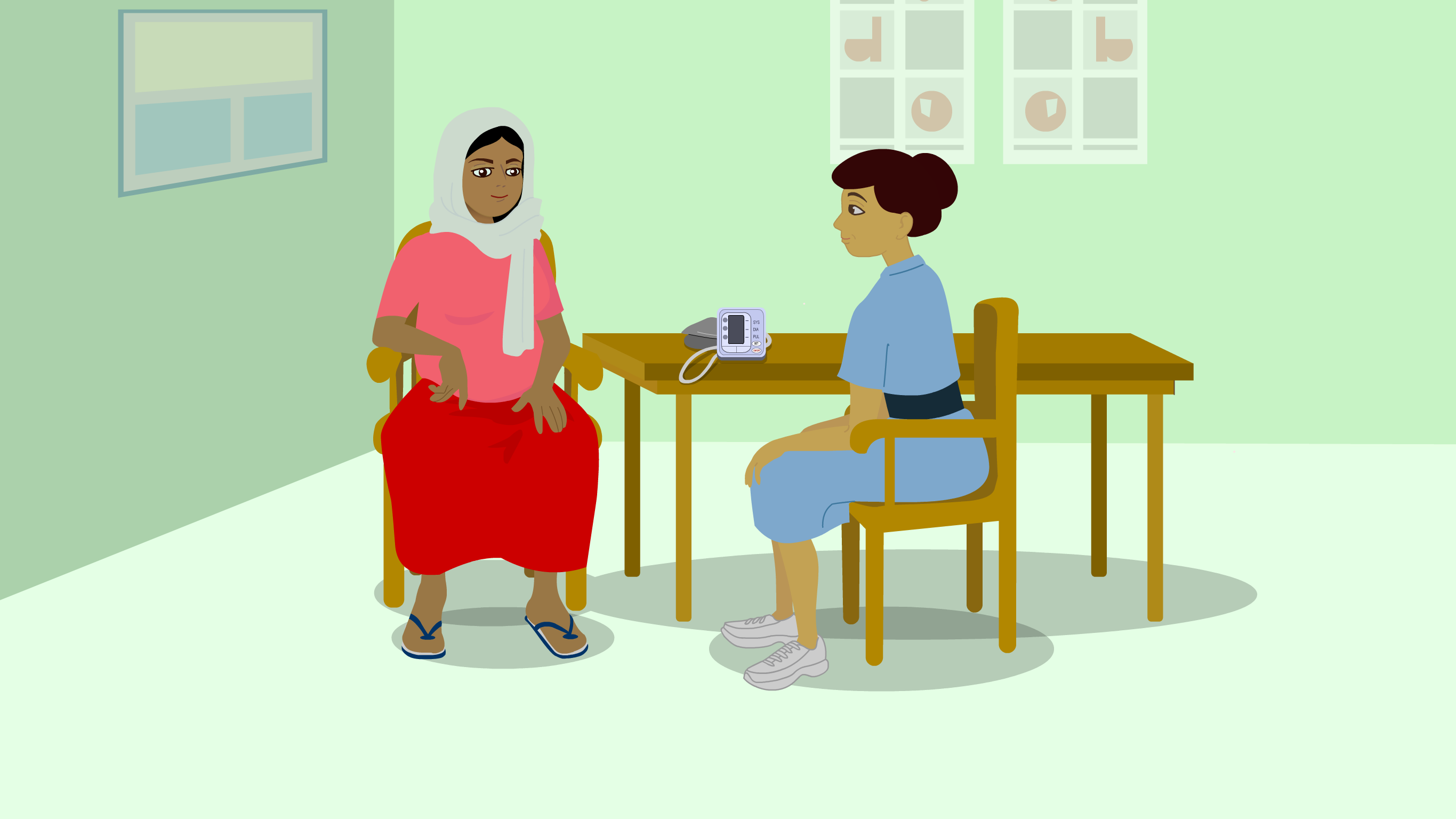
If you have any of these risk factors for pre-eclampsia you should tell your healthcare worker when you see them in early pregnancy.
The doctor or midwife will check your blood pressure and urine often and you might be offered a tablet called aspirin to lower your risk of getting pre-eclampsia.

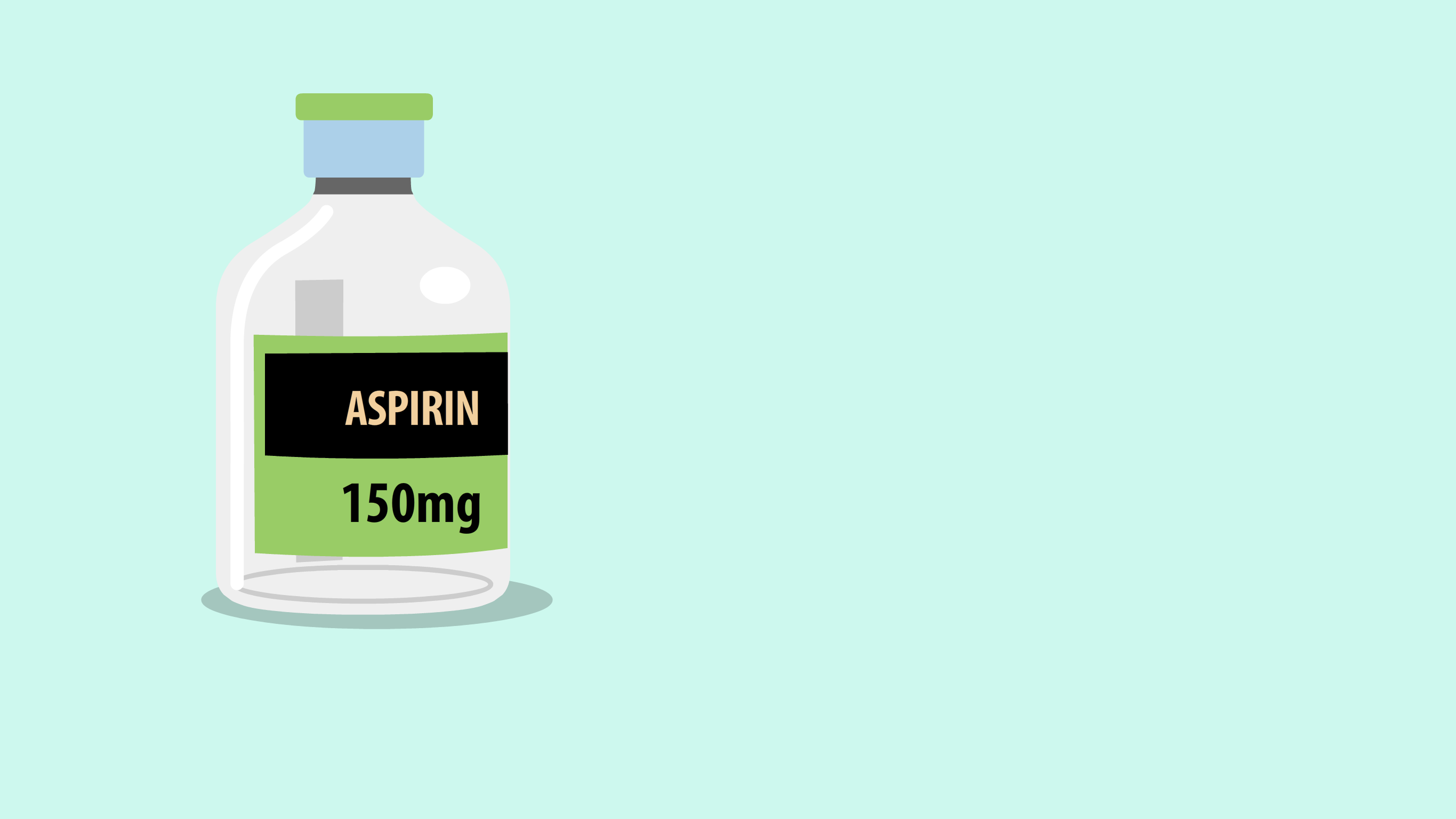

If you are at risk of pre-eclampsia, it is recommended that you take a low dose (75–150mg) of aspirin every day.
Ideally, the medicine should be started within 12 weeks of becoming pregnant and before reaching 20 weeks – and it should be continued until birth.
Starting aspirin early in the pregnancy will improve the health of both you and your baby. Being monitored and treated early, will protect you and your baby from developing complications.

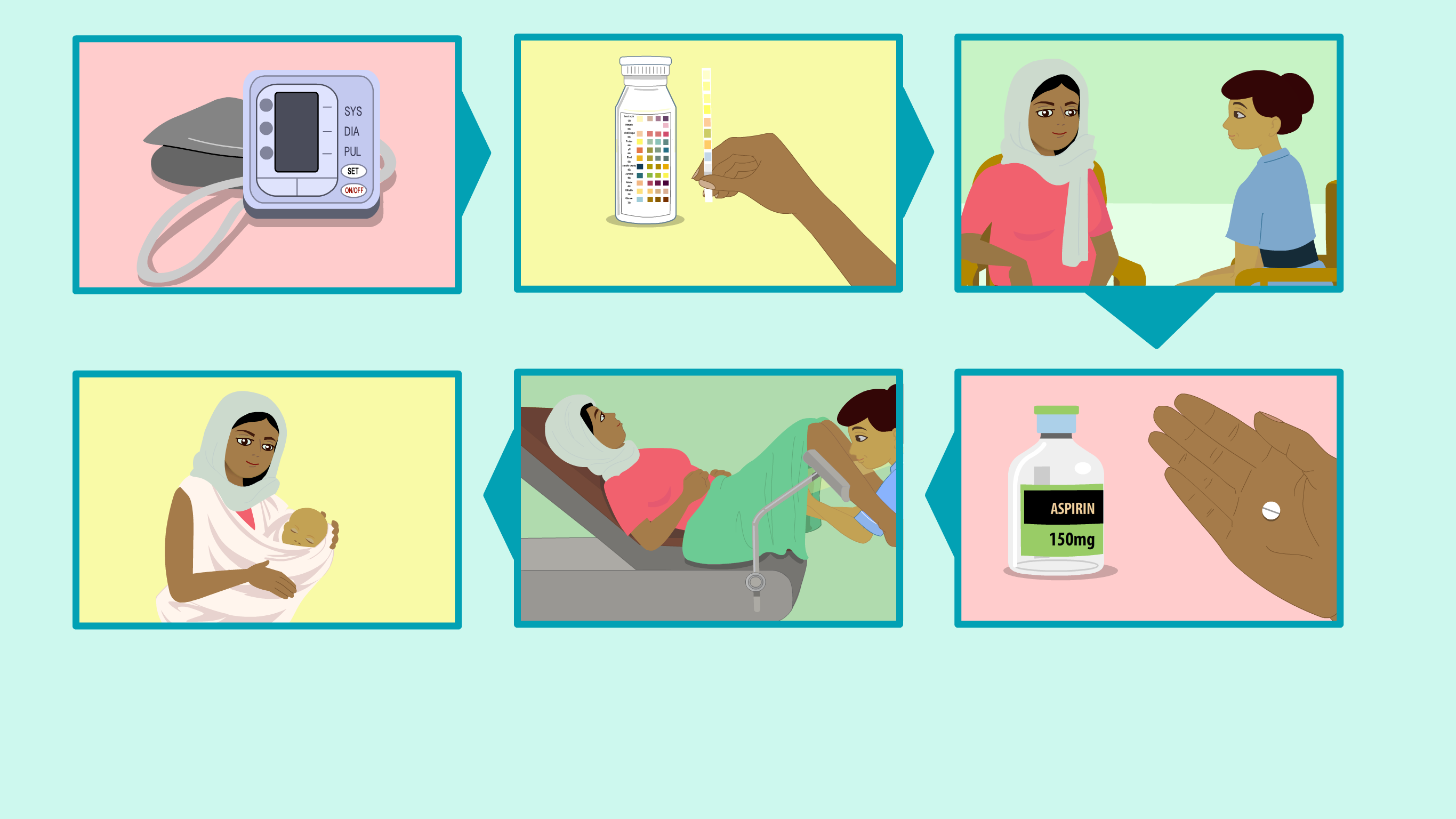
As pre-eclampsia is caused by the after birth or placenta, the only way to cure it is by the delivery of the baby and the placenta.
If you have pre-eclampsia you will usually be monitored regularly until it is safe to deliver your baby.

The authors of this PRE-ECLAMPSIA programme are:
- Dr Anastasia Martin
University Hospital Sussex, UK - Dr Katy Kuhrt
King’s College London, UK - Dr Louisa Samuels
King’s College London, UK - Dr Rossetta Cole
Princess Christian Maternity Hospital, Freetown, Sierra Leone - Dr Thomasia Weekes
Princess Christian Maternity Hospital, Freetown, Sierra Leone
The Welfare of Women programme has been created under the General Editorship of Dr Kate Lightly, University of Liverpool, UK and is overseen by an expert International Editorial Board
/
